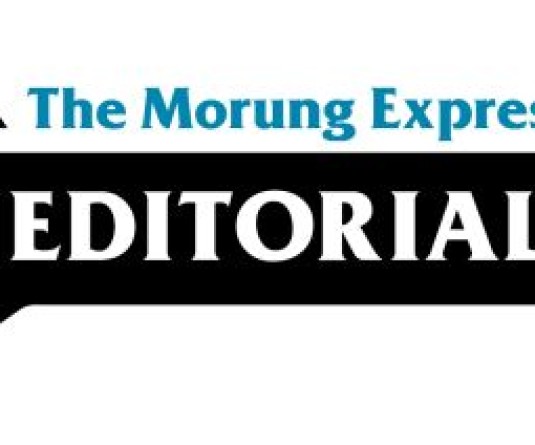
Journalists around the world risk their lives on a daily basis in unprotected situations by bringing stories, sharing experiences and impartially reporting unfolding situations. Many journalists’ desire is to reveal the truth, promote justice and peace; facilitate pluralism and encourage political and cultural expressions. Consequently, the media in its role as a public institution is the primary platform that exercises freedom of speech which is essential to every democracy. They also serve as a watchdog of good governance practices. All too often we see examples of the press that are constrained by rigid polities, and censored by restrictive legislation and other policies. These types of conditions that are controlled by intimidation, impunity or societal dogma indicate the lack of democratic space and practices.
Empirical truth has quite clearly documented that there can be no freedom of press if journalists are constricted by conditions of poverty, corruption and fear. This, in turn, has direct implications on society and its democratic values. Any deliberate assault on the institutions of the free press is seen as threat not just on democracy, but the people that make up the society. These types of assaults include any systematic or deliberate actions that threaten, intimidate and suppress the very idea of a free press; and in essence the very people that make up the institution of the media. Invariably the concept of a free press is naturally connected to the idea of safety and security. And in an increasingly polarized world which is characterized by exclusivity, public mistrust, rising violence and fear, the idea of safety has become very relative.
In the Naga context, the press as an institution needs to be strengthened. In a situation where truthful disclosure is often the first casualty and one in which rumors and suspicion governs public perception, the need for a pro-active media is even more critical. While it has weathered many difficult circumstances and assumed an important role in societal narratives, garnering public trust needs to be strengthened as the press takes a more deliberate role in catalyzing democratic change. Sadly, the gap between the press and the society is widening, and, as a result, the dialectical relationship required between a responsible media and a conscious citizenry is not developing. This stagnation needs to be reversed so both the media nor the society are progressing at a steady or healthy pace that has a direct relationship to society’s overall growth and development.
In this fast-paced world, where authentic credible information is vital in decision making, the inter-relation and inter-dependency between the press and the public is vital for building public trust. They each empower the other – it is a symbiotic relationship which directly contributes to achieving a vibrant and empowered Naga society and a responsive and relevant press.






